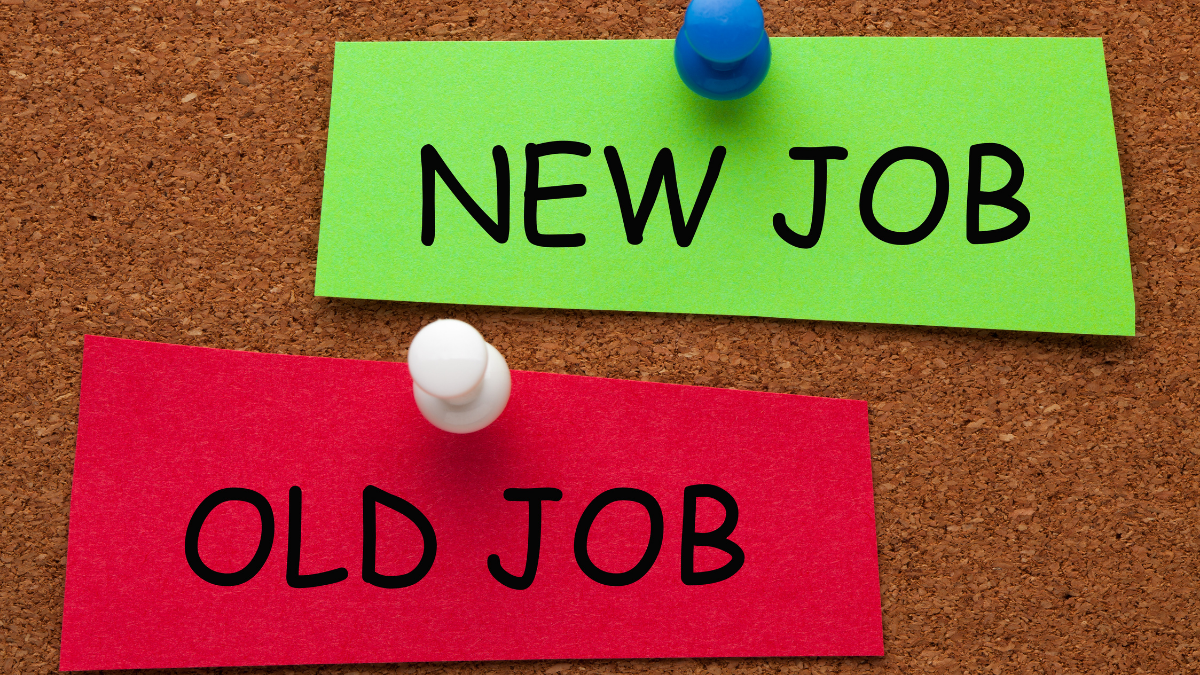7 Things Recruiters + HR Managers Don't Want to See on Your Resume
When you sit down to write your resume, you may be compelled to list everything from A to Z. This can include all of the jobs you’ve ever had, things you like to do outside of work, your references, and perhaps some additional personal information about yourself such as your marital status or the number of kids you have.
But since your resume is only supposed to be two pages, you want to be sure you’re effectively using the limited space you have to explain why you’re the best person for the job. This may mean simplifying aspects of your job history and experiences or removing and omitting some information.
Shockingly, sharing too much information, or the wrong kind of information, can work against you. There are certain things recruiters want to see included on your resume, and things they would prefer left off altogether.
SO MANY RESUMES, SO LITTLE TIME
A whopping 250+ resumes are received for a single job posting. That’s over 200 pages that recruiters and hiring managers have to sort through to choose who gets an interview and who doesn’t.
And because they’re so pressed for time, recruiters tend to only spend a mere 7 seconds looking at resumes to determine if the candidate is a good fit. If your resume captures their attention and includes the right things, such as related skills, experiences, and communicates your value, you could get a callback.
But if your resume is a 3+ page purge of your entire life and career and lacks relevant and impactful content, they will reject you. With such a tight timeframe to sort through resumes, schedule interviews, and a hard deadline to have the role filled, recruiters want you to get to the point and not waste their time.
More pages and more information mean more work for them. Your resume should be an easy sell to them on why you deserve to be considered for the job. It shouldn’t force them to search through the entire document, ask additional questions, or guess about missing information.
WHAT TO KEEP AND WHAT TO LEAVE OFF OR REMOVE
Determining what to keep and what to omit on your resume is dependent on the roles you plan on applying to, what the company is looking for, and what information is essential or a basic resume must-have, such as contact information and a professional summary. To learn how to organize your resume and what needs to be included, watch the video above or click here.
Outdated resume principles and rules can also be a factor when deciding what to include and what to remove. After all, a lot has changed since the resume was first introduced to the professional world in 1960, and certain things are no longer needed.
Before writing your resume or reaching out to a resume writer, it’s best to know the following:
The job titles you are interested in
The qualifications and credentials the ideal candidate must have to apply or be considered
If you plan on going for a remote position, contract position, or regular full-time position
What skills and competencies the recruiter is looking for applicants to have
Which experiences and jobs align the most with the roles you’re going for
Knowing what you want and understanding what the company wants is important to targeting your resume and framing it appropriately to increase your chances of getting a callback. Targeting your resume versus generalizing your resume can work in your favor in many ways.
Oftentimes, people will construct their resumes based on what they want to include and focus on with no thought to what recruiters want to see. This is a major no-no.
6 THINGS TO LEAVE OFF YOUR RESUME
When you begin updating or creating your resume to begin applying for open roles, be sure to leave these items off. If any of these things are on your current resume, you should remove them ASAP.
1. OBJECTIVE STATEMENTS
Resumes in the past used to start with objective statements, but in 2021 it’s all about impactful professional summaries and strong branding statements.
Objective statements used to go something like this: “Hard-working, results-driven professional looking to utilize my skills and competencies to secure a position within [COMPANY NAME] and advance within the organization.”
Here’s why recruiters don’t want to read objective statements anymore:
They don’t have any value
They are all about you
It’s more wants-focused versus “what I bring to the table”-focused
Today, your resume should begin with a targeted professional summary that is 5 bullet points or 5 sentences long. Within your professional summary, you should be including your years of experience, quantifiable results and successes, and key career highlights and wins.
2. YOUR PICTURE
It may seem like a good idea to add your picture to your resume, but recruiters think otherwise. In fact, resumes that have a picture included are more likely to experience discrimination. There are tons of resume templates that have a space to upload your photo into the document but don’t get tricked into doing so.
Your experiences, skills, and education should be the primary focus of your resume, not what you look like. Photos and headshots should be reserved for your professional bio and LinkedIn profile only.
3. HOBBIES
What does you collecting pokemon cards and enjoying long walks on the beach have to do with you leading teams and overseeing department operations?
“Hobbies” sections used to be a staple on resumes, but in today’s time, it’s wasted space. There’s no reason for a recruiter to know what you do outside of work.
They want to know what you can do while AT work. The several lines you may use listing your hobbies, interests, and recreational activities can be better used to detail your job accomplishments and wins.
Especially because most job descriptions are too vague and too short.
4. TWO PHONE NUMBERS
Why should a recruiter have to guess which number to call to schedule an interview with you?
Back when pagers, beepers, and home phones were the norm, many professionals listed two numbers where they could be reached. But just like those items are ancient, so is listing more than one phone number or email address.
Most people use their cell phones as their primary method of communication, but if you have another number you’d like to use, feel free to list it. But be sure to choose one or the other; do not include both.
5. REFERENCES AVAILABLE UPON REQUEST
Listing your references or stating “references available upon request” on your resume is not needed. Here’s why: when a recruiter or company is seriously interested in considering making you an offer, they will naturally reach out to you to request your references via email or phone call.
A reference check tends to be the final step before you get an official offer. There’s no need to waste paragraphs listing several references along with their contact information. However, you should have a separate document with your references and their information already prepared for when the time comes.
6. UNRELATED JOBS
Including all the jobs you’ve held since you first started working at 16 is a big red flag. Not only will doing this make your resume super long, but it’s a clear sign of a general resume. Instead of including all of your jobs, internships, and side-gigs, focus on listing the positions you’ve held that are most related to where you’re going next in your career. This is how you target and tailor your resume for your job search.
Here’s an example: If you started out in customer service but transitioned to marketing and you’re looking to continue your career in marketing, drop the customer service experience and only list your marketing-related positions.
7. JOBS FROM 12+ YEARS AGO
Including jobs that you held in the 1990’s and early 2000’s is a surefire way to tell your age, and to waste space on your resume. When it comes to figuring out what jobs to include and which ones to get rid of, consider the year and timeframe.
Anything before 2005 is not needed, no matter how successful you were or the name of the company. You want to keep your experiences recent and relevant. The best way to do this is to only include 10 years of jobs, 12 if necessary.
FOCUS ON WHAT’S RECENT AND RELEVANT
After reading this, you should be double and triple-checking your resume to make sure these items are not included. If they are, a recruiter will be able to tell that your resume is out of date and out of touch with today’s resume trends.
Focusing on recent and relevant information is key for a targeted, effective resume that will get read and get you callbacks.
Of course, if you don’t have the time to update your resume if you struggle with writing in general, or you are still unsure of what to put on the document, don't hesitate to reach out to a resume writer for expert assistance.
Enlisting the help of a resume is not only a great investment in your career, but it can guarantee that your resume is saying the things recruiters want to hear.




